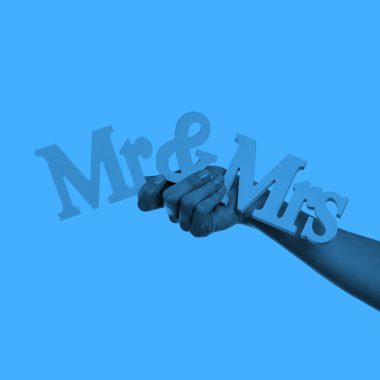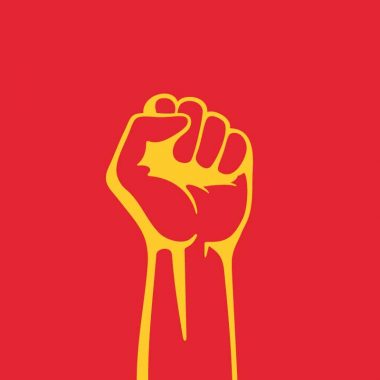Mr., Mrs., Miss, and Ms.: What They Mean And How To Use Them
Mr. and Mrs.: What do they stand for? The contractions Mr. and Mrs. are short for Mister and Missus/Missis. These contractions, like their longer forms, are used in etiquette to show respect to men and women. Mr. and Mrs. are pronounced the same as their longer forms: Mr. is pronounced as [ mis-ter ] and Mrs. is pronounced as [ mis-iz ] or [ miz-iz …











